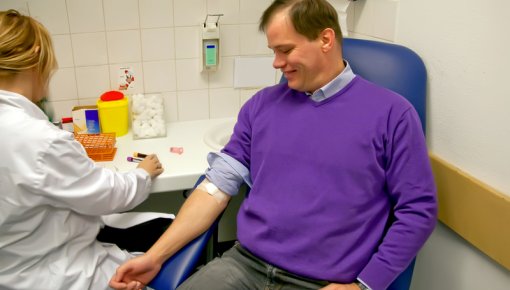Clarke AL, Young HM, Hull KL et al. Motivations and barriers to exercise in chronic kidney disease: a qualitative study. Nephrol Dial Transplant 2015; 30(11): 1885-1892.
Drawz P, Rahman M. Chronic kidney disease. Ann Intern Med 2015; 162(11): ITC1-16.
Geberth S, Nowack R. Praxis der Dialyse. Berlin: Springer; 2014.
Kidney Disease: Improving Global Outcomes (KDIGO). KDIGO 2024 Clinical Practice Guideline for the Evaluation and Management of Chronic Kidney Disease (CKD). 2024.
National Institute for Health and Care Excellence (NICE). Chronic kidney disease: assessment and management (NICE Clinical guidelines; No. 203). 2021.
Pape HC, Kurtz A, Silbernagl S. Physiologie. Stuttgart: Thieme; 2014.
Tattersall J, Dekker F, Heimbürger O et al. When to start dialysis: updated guidance following publication of the Initiating Dialysis Early and Late (IDEAL) study. Nephrol Dial Transplant 2011; 26(7): 2082-2086.
Vale L, Cody JD, Wallace SA et al. Continuous ambulatory peritoneal dialysis (CAPD) versus hospital or home haemodialysis for end-stage renal disease in adults. Cochrane Database Syst Rev 2004; (4): CD003963.
IQWiG health information is written with the aim of helping people understand the advantages and disadvantages of the main treatment options and health care services.
Because IQWiG is a German institute, some of the information provided here is specific to the German health care system. The suitability of any of the described options in an individual case can be determined by talking to a doctor. informedhealth.org can provide support for talks with doctors and other medical professionals, but cannot replace them. We do not offer individual consultations.
Our information is based on the results of good-quality studies. It is written by a team of health care professionals, scientists and editors, and reviewed by external experts. You can find a detailed description of how our health information is produced and updated in our methods.

